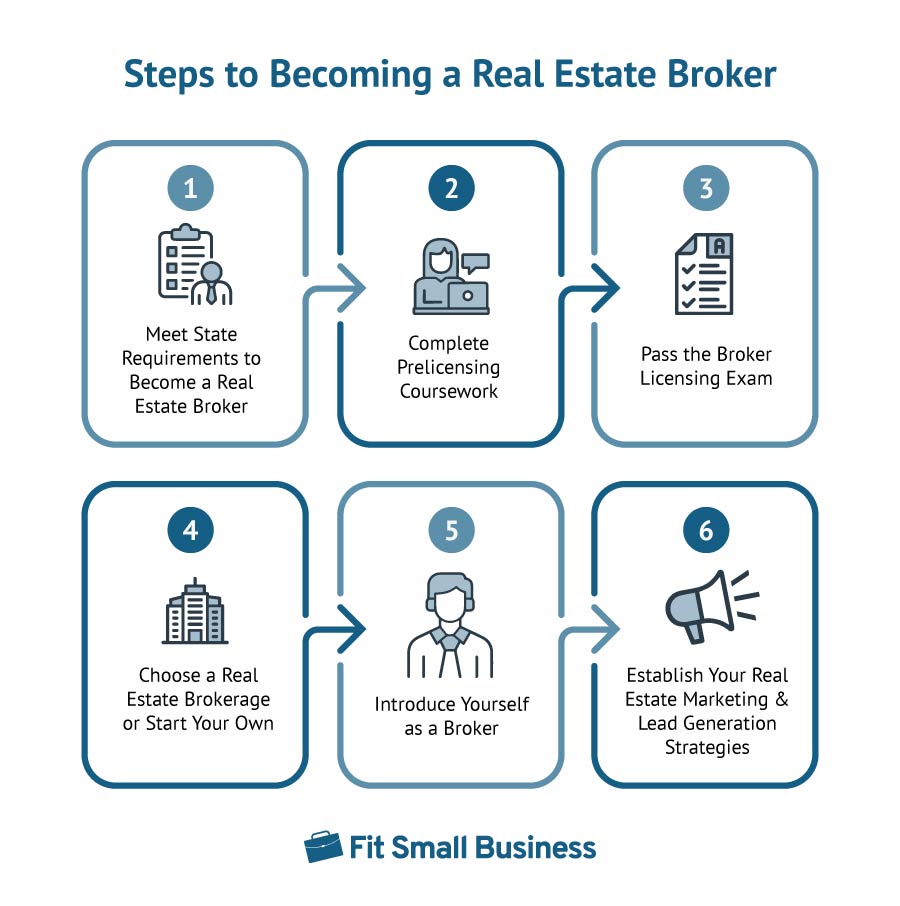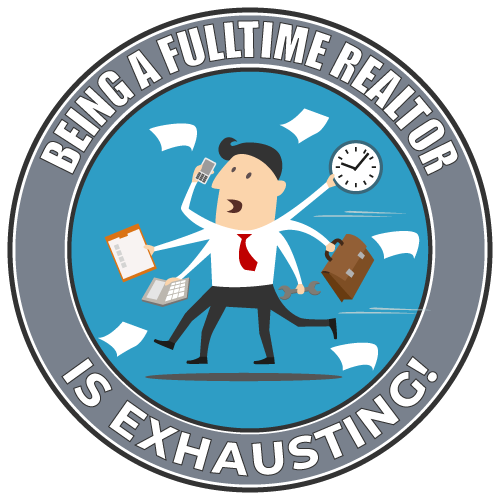
FHA loans are a popular choice for buyers because they allow them the ability to use gift money to buy a house or make a down payment. If you have poor credit or need to borrow less, fha loans can be a good option. Sellers do not like fha loans. They fear the buyer will not be financially able for the house. They are also worried that the underwriting process could lead to a default loan, which would cause the buyer not to accept their offer and force them to put the house up for sale.
Sellers Not Like FHA Loans
Most real estate professionals believe that fha loans are a great way to help more people get into homes, and that these types of financing are not only safe for the homeowner, but also for the mortgage lender as well. However, not all sellers share this viewpoint.
There are a few reasons sellers might not like FHA loans.

One reason is that they don’t fully understand the mortgage program. They have a lot of misconceptions about what it takes to qualify for an fha loan, and they think that someone who uses this type of financing is in danger of defaulting on their mortgage, which can be damaging for a seller's equity in the property.
FHA loans have another problem: they require an appraisal before the sale can proceed. While this appraisal doesn't include a thorough inspection of the property but does verify that it meets FHA minimum standards.
An appraiser could determine that the property has a lower value than the seller agreed to. This can make selling a property very scary. This can lead to a stalemate in the negotiation, as both parties are stuck trying to figure out what to do next.
Many people are unaware that an FHA loan requires the borrower to have mortgage insurance. This can be costly in certain cases. In such cases, the borrower may opt for a traditional loan.

It's best to educate both sellers and agents about this program. They will be more comfortable selling their home to an fha borrower.
Why Would a Seller Not Accept an FHA Loan?
A seller may be reluctant to work with a buyer with an fha mortgage. However, they can try to convince them with some concessions. This could include closing fees or seller assistance with the home inspection.
An agent who is specialized in selling should be familiar with fha loans and their impact on the sale process. They can also help the seller find a solution that works for them both. However, ultimately, the buyer will decide if an FHA loan is right for him.
FAQ
How long does it usually take to get your mortgage approved?
It depends on several factors including credit score, income and type of loan. It typically takes 30 days for a mortgage to be approved.
Is it better to buy or rent?
Renting is typically cheaper than buying your home. It's important to remember that you will need to cover additional costs such as utilities, repairs, maintenance, and insurance. The benefits of buying a house are not only obvious but also numerous. For example, you have more control over how your life is run.
What is the cost of replacing windows?
Replacing windows costs between $1,500-$3,000 per window. The exact size, style, brand, and cost of all windows replacement will vary depending on what you choose.
Can I afford a downpayment to buy a house?
Yes! Yes. There are programs that will allow those with small cash reserves to purchase a home. These programs include conventional mortgages, VA loans, USDA loans and government-backed loans (FHA), VA loan, USDA loans, as well as conventional loans. For more information, visit our website.
Statistics
- 10 years ago, homeownership was nearly 70%. (fortunebuilders.com)
- When it came to buying a home in 2015, experts predicted that mortgage rates would surpass five percent, yet interest rates remained below four percent. (fortunebuilders.com)
- Based on your credit scores and other financial details, your lender offers you a 3.5% interest rate on loan. (investopedia.com)
- Some experts hypothesize that rates will hit five percent by the second half of 2018, but there has been no official confirmation one way or the other. (fortunebuilders.com)
- This means that all of your housing-related expenses each month do not exceed 43% of your monthly income. (fortunebuilders.com)
External Links
How To
How to buy a mobile house
Mobile homes are homes built on wheels that can be towed behind vehicles. Mobile homes were popularized by soldiers who had lost the home they loved during World War II. Mobile homes are still popular among those who wish to live in a rural area. These houses come in many sizes and styles. Some houses are small while others can hold multiple families. Even some are small enough to be used for pets!
There are two main types of mobile homes. The first is built in factories by workers who assemble them piece-by-piece. This is done before the product is delivered to the customer. Another option is to build your own mobile home yourself. First, you'll need to determine the size you would like and whether it should have electricity, plumbing or a stove. Next, make sure you have all the necessary materials to build your home. The permits will be required to build your new house.
There are three things to keep in mind if you're looking to buy a mobile home. First, you may want to choose a model that has a higher floor space because you won't always have access to a garage. A model with more living space might be a better choice if you intend to move into your new home right away. You'll also want to inspect the trailer. Problems later could arise if any part of your frame is damaged.
Before buying a mobile home, you should know how much you can spend. It is crucial to compare prices between various models and manufacturers. You should also consider the condition of the trailers. Many dealers offer financing options. However, interest rates vary greatly depending upon the lender.
Instead of purchasing a mobile home, you can rent one. Renting allows for you to test drive the model without having to commit. Renting is expensive. Renters usually pay about $300 per month.